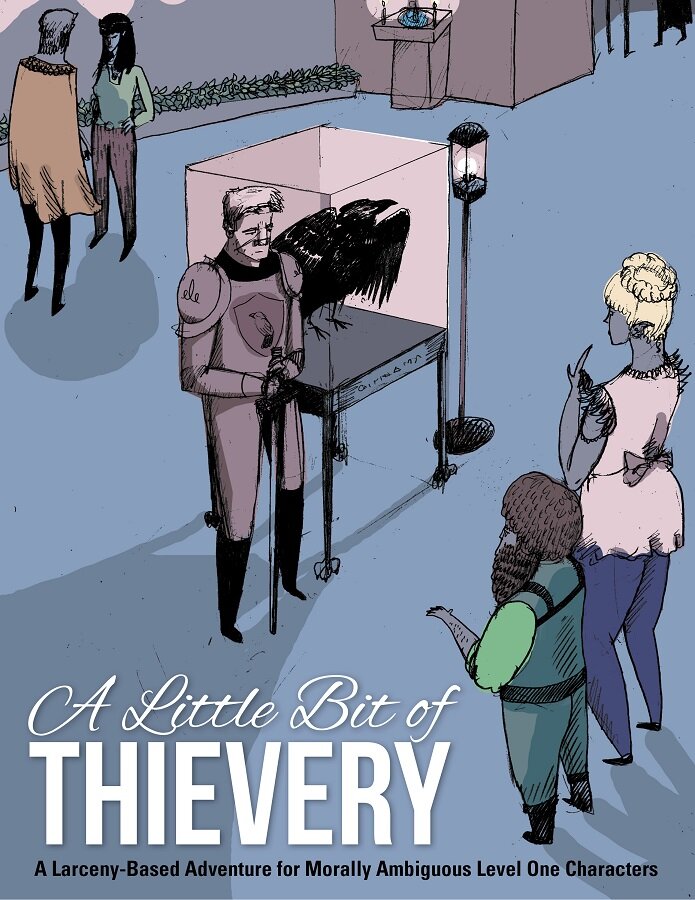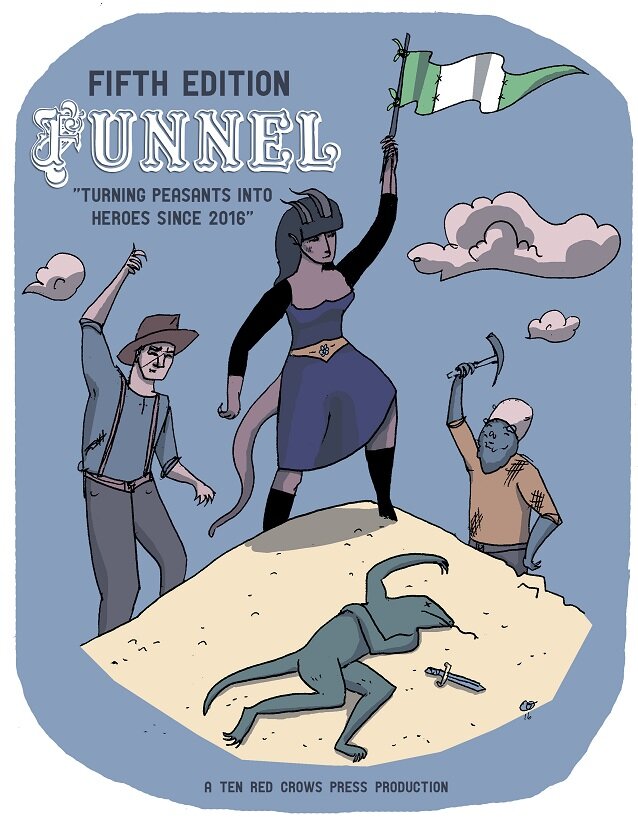I don't start my adventure prep until 2 to 4 hours before the game. Its a habit of growing up in an adult world with adult responsibilities: I can't spend all of my time on D&D.
Here are some tips that you can use to spend less time building adventures.
- Have some background material. OK I lied a little bit. Your first session you are going to need to spend more time. You need a town, keep, or something for the adventurers to use as a home base. You are going to need a few NPCs too. Spend the time and either build it or steal it. Fallcrest in the back of the 4th edition DMG is an excellent start for any campaign.
- Ask the players what they are going to do next session. This saves you an immeasurable amount of time. Once the players articulate their desire to do something, then you can deliver it to them. That also means you don't have to consider every possible action the players take because they already told you what they are going to do.
- Decide on a general theme. Are the players going to a swamp? What about battling a Necromancer? Are they saving the town from something? The theme gives continuity as you build encounters.
- Math Encounters. D&D 5e encounter building is a snap. Its not instantaneous, but given 30 or 40 minutes you can math out several monster encounters. Use a variety of creatures and difficulty levels, and follow your theme.
- Locations. Think about the locations that the players are going to visit, and then assign encounters to locations or at least into a cohesive narrative.
- Something Special. Each session should have some twist. Something interesting for your players to consider. Whether they meet a plucky NPC, find an unusual item, or experience a plot twist, there should always be something just a little bit different for your players
- Steal from your players. During the game, never EVER let a player roll the dice for a check without a full explanation of what specifically they are trying to do. Want to do a search check? What are they looking for and where are they looking? It lets you know what your player is thinking. Did the player come up with something totally reasonable or cool? Use it. If there wasn't an secret door there, there is now.
This system takes practice, and it has slowly evolved for me over time. It relies heavily on improvisation to fill in the gaps. You will be making up all of the details and encounter mapping on the fly. Sound scary? It was the first time I did it. There are going to be awkward moments, but you'll do fine.
I learned that I could improvise playing Everyone is John. Fire it up after a normal D&D game and learn that you too can join the ranks of people who just make it up one the fly.
Do you have any tips for quick prep? Leave 'em in the comments.



